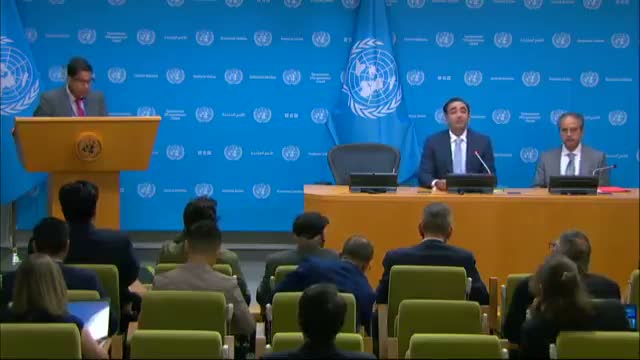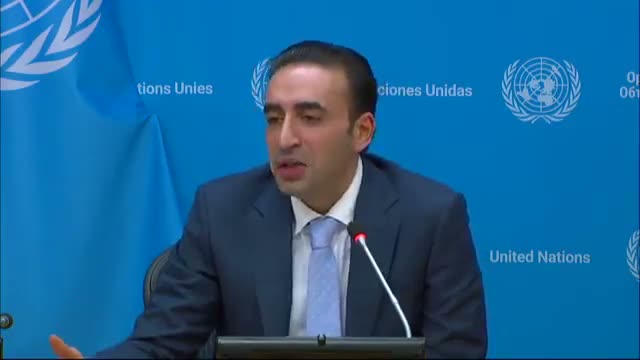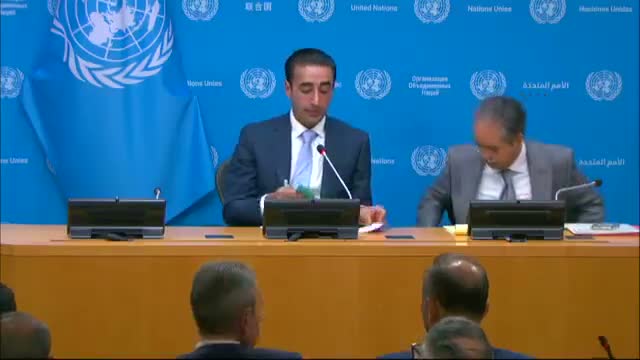Article not found
This article is no longer available. But don't worry—we've gathered other articles that discuss the same topic.

Pakistan delegation at U.N. says India carried out "illegal strikes," urges dialogue and investigation

Pakistan says India carried out illegal strikes, warns of lowered nuclear threshold and urges comprehensive dialogue

